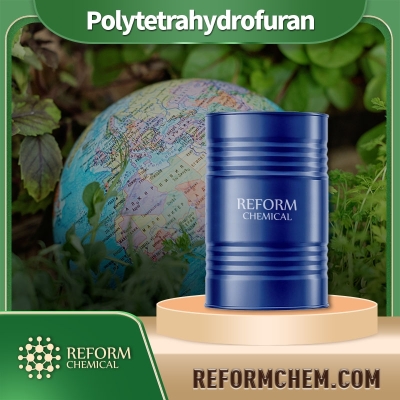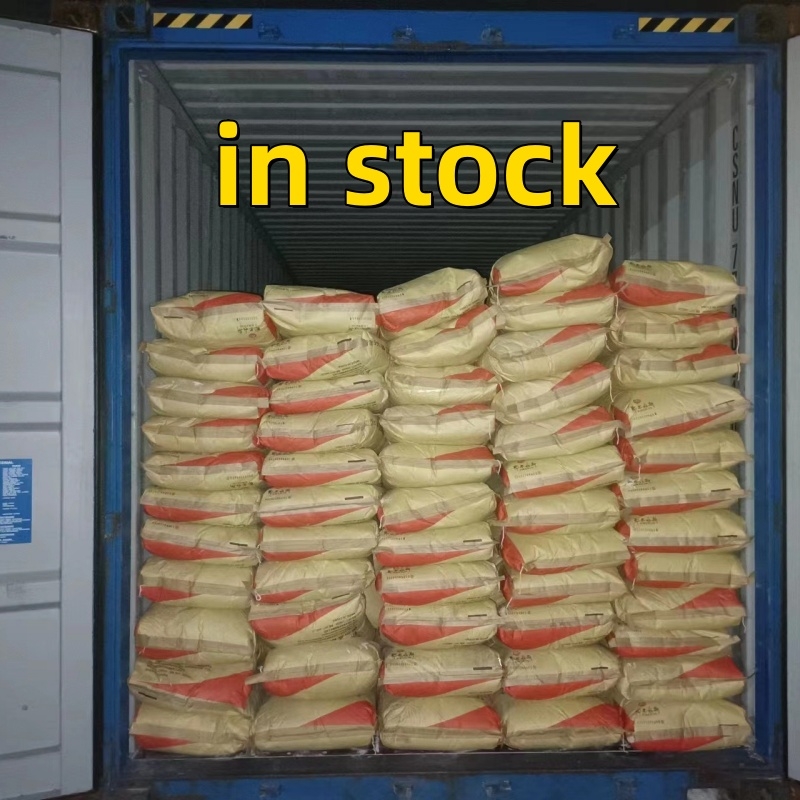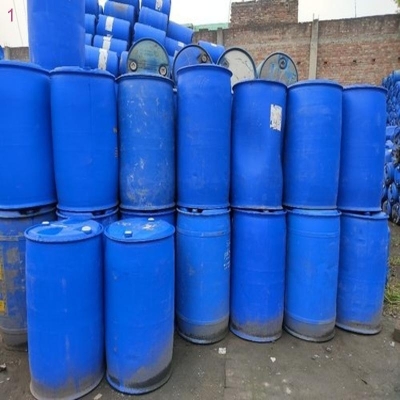-
Categories
-
Pharmaceutical Intermediates
-
Active Pharmaceutical Ingredients
-
Food Additives
- Industrial Coatings
- Agrochemicals
- Dyes and Pigments
- Surfactant
- Flavors and Fragrances
- Chemical Reagents
- Catalyst and Auxiliary
- Natural Products
- Inorganic Chemistry
-
Organic Chemistry
-
Biochemical Engineering
- Analytical Chemistry
-
Cosmetic Ingredient
- Water Treatment Chemical
-
Pharmaceutical Intermediates
Promotion
ECHEMI Mall
Wholesale
Weekly Price
Exhibition
News
-
Trade Service
Described as the "lifeline of oil and gas field development", submarine pipelines bear the important responsibility of transporting subsea oil and gas resources to land, and once there is a problem with submarine pipelines, it will not only bring economic losses, but also the impact of submarine environmental pollution should not be underestimated
.
Between 1985 and 2013, there were about 30 accidents
in China's submarine pipelines.
Among them, third-party sabotage, including fishing activities, anchoring, sand dredging, and ship collisions, became the main causes of
accidents.
In addition, internal corrosion is also an important factor
in submarine pipeline accidents.
According to the survey, in addition to the losses caused by the shutdown of oil and gas fields, the strengthening of the project alone in offshore construction cost more than 40 million yuan, and the loss was huge
.
The complete management of submarine pipelines has been implemented since 2008, changing from passive repair after problems to active management, through monitoring and detection and other means, timely identification of possible factors that endanger pipelines, and prevention and mitigation measures through risk assessment, so as to reduce the loss
of overall pipeline failure.
The ultimate goal of submarine pipeline integrity management is to keep the whole life cycle of pipeline service such as design, installation and laying under control
.
At present, CNOOC Research Institute has established a special department to manage the integrity of submarine pipelines, equipment and facilities, and the relevant measures taken have played a good role
in early warning and prevention of submarine pipelines.
Described as the "lifeline of oil and gas field development", submarine pipelines bear the important responsibility of transporting subsea oil and gas resources to land, and once there is a problem with submarine pipelines, it will not only bring economic losses, but also the impact of submarine environmental pollution should not be underestimated
.
Between 1985 and 2013, there were about 30 accidents
in China's submarine pipelines.
Among them, third-party sabotage, including fishing activities, anchoring, sand dredging, and ship collisions, became the main causes of
accidents.
In addition, internal corrosion is also an important factor
in submarine pipeline accidents.
According to the survey, in addition to the losses caused by the shutdown of oil and gas fields, the strengthening of the project alone in offshore construction cost more than 40 million yuan, and the loss was huge
.
The complete management of submarine pipelines has been implemented since 2008, changing from passive repair after problems to active management, through monitoring and detection and other means, timely identification of possible factors that endanger pipelines, and prevention and mitigation measures through risk assessment, so as to reduce the loss
of overall pipeline failure.
The ultimate goal of submarine pipeline integrity management is to keep the whole life cycle of pipeline service such as design, installation and laying under control
.
At present, CNOOC Research Institute has established a special department to manage the integrity of submarine pipelines, equipment and facilities, and the relevant measures taken have played a good role
in early warning and prevention of submarine pipelines.







